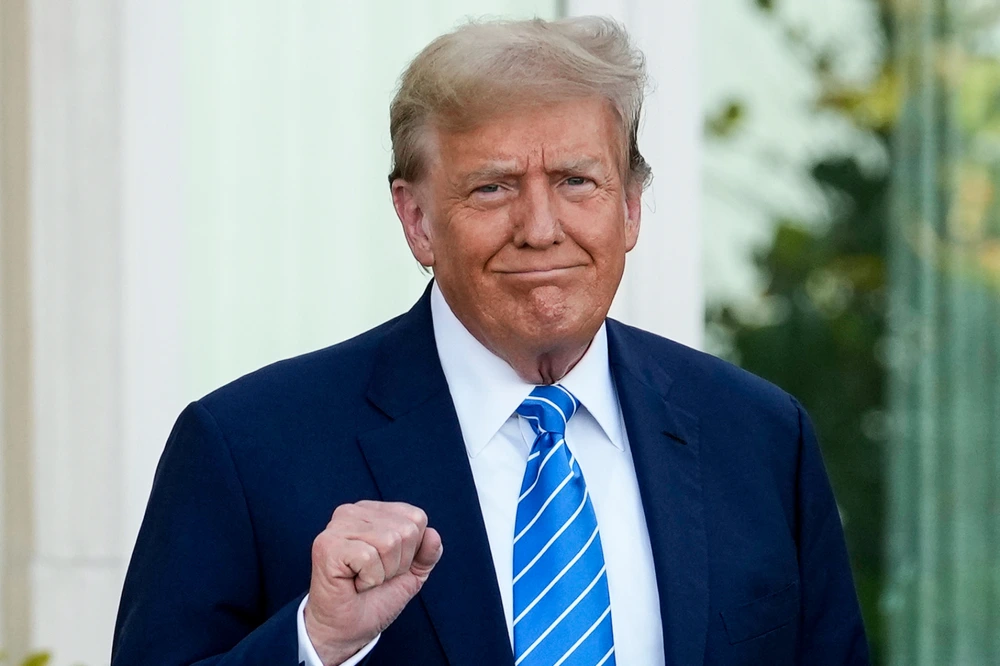- Trump threatens 200% tariffs if China limits rare-earth magnet exports.
- Boeing parts used as U.S. leverage in ongoing trade talks.
- Trade truce expires in November; upcoming negotiations will be crucial.
U.S. President Donald Trump on Monday warned that China could face significantly higher tariffs if it restricts exports of rare-earth magnets, a critical component for America’s manufacturing sector. Speaking at the White House after a meeting with South Korean President Lee Jae Myung, Trump stated, “They have to give us magnets, if they don’t give us magnets, then we have to charge them 200% tariffs or something.”
Trump also emphasized the role of airplane parts as leverage, highlighting that Boeing withheld components from Chinese jets in response to prior magnet restrictions. Boeing is reportedly close to finalizing a deal to sell up to 500 aircraft to China, with details like jet models and delivery schedules being negotiated, according to Bloomberg.
China’s Rare-Earth Magnet Dominance
China controls roughly 90% of the global rare-earth magnet supply and a similar share of refining capacity, giving Beijing substantial influence in trade negotiations. Data indicates that China’s magnet exports to the U.S. rebounded sharply after April export curbs, rising 660% in June compared with May and climbing 76% in July. These magnets are essential for the U.S. automotive, electronics, and renewable energy sectors, making any supply disruption highly sensitive.
Experts, including Henry Wang from the Center for China & Globalization, view Trump’s remarks as more strategic than literal. “He’s bluffing. He always talks big on tariffs or potential punishment, but we shouldn’t get caught up in the rhetoric,” Wang said, noting that true progress depends on the implementation of trade agreements.
Trade Truce and Upcoming Negotiations
In June, Washington and Beijing agreed on a trade framework easing Chinese rare-earth export restrictions and rolling back certain U.S. tech limitations. Tariffs on goods from each side were set to approximately 55% for U.S. imports and 32% for Chinese imports. However, this temporary truce expires in mid-November.
Senior Chinese trade negotiator Li Chenggang is expected in Washington this week to meet with U.S. Trade Representative Jamieson Greer and senior Treasury officials, potentially paving the way for higher-level discussions and longer-term solutions, according to the Wall Street Journal. Analysts suggest that the continuation of the trade truce depends heavily on sustained bilateral engagement and effective implementation.
Also Read: Trump Administration Streamlines $5B EV Charging Fund to Boost Infrastructure Rollout
As both superpowers approach the November deadline, rare-earth magnets remain a critical bargaining chip in U.S.-China trade relations. While Trump’s comments signal pressure tactics, the next round of negotiations could determine whether a lasting compromise is within reach.
Disclaimer: The information in this article is for general purposes only and does not constitute financial advice. The author’s views are personal and may not reflect the views of CoinBrief.io. Before making any investment decisions, you should always conduct your own research. Coin Brief is not responsible for any financial losses.




